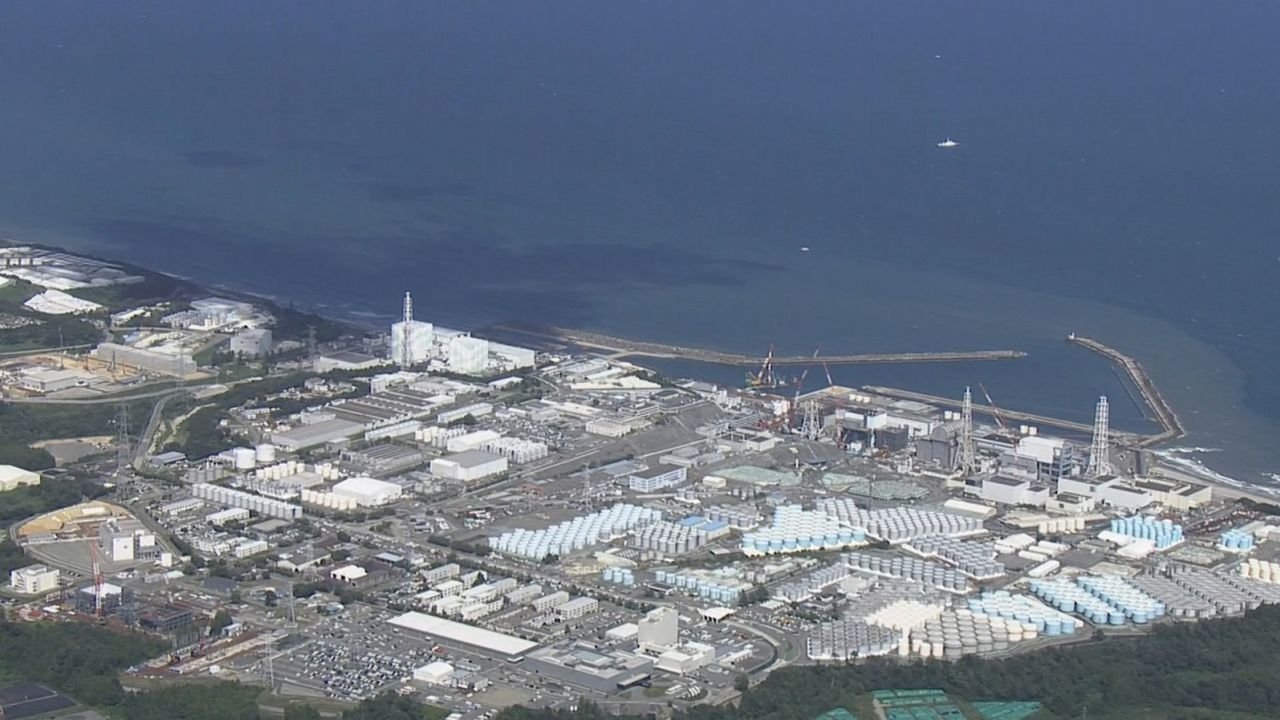Dr. Radzi had previously said that IAEA had given its clearance for the release of the treated wastewater in July in compliance with Japanese safety regulations.

Even though certain members of the public have raised concerns about food safety, Malaysia said that it will carefully scrutinize all high-risk food products imported from Japan amid worries over the leak of wastewater from the Fukushima nuclear facility.
Malaysia’s Director-General of Health, Dr. Muhammad Radzi Bin Abu Hassan, announced in a statement on Wednesday, August 23, that “the Ministry of Health will impose a Level 4 (Surveillance) inspection at the country’s entry points on high-risk food products imported from Japan for the analysis of radioactive material content.”
Around 12 years after one of the worst nuclear catastrophes in history, Japan on Thursday started discharging cleaned effluent from the Fukushima nuclear facility.
Dr. Radzi had previously said that the International Atomic Energy Agency (IAEA) had given its clearance for the release of the treated wastewater in July in compliance with Japanese safety regulations.
In order to guarantee food safety, he also attempted to reassure the populace that Malaysia’s health ministry closely observes events at the nation’s borders and local markets.
He claims that from May 2011 to April 2012, the Food Safety and Quality Division of the Ministry of Health, in response to the Fukushima nuclear plant explosion in 2011, closely scrutinized food goods imported from Japan.
In 2019, he said, a unique surveillance program was also carried out.
Fish and fish-based items are among the most common goods imported from Japan, according to statistics from the health ministry, Dr. Radzi observed. Fruits, vegetables, processed foods, and drinks come in second place, with a combined value of RM880,115,437 (US$190 million).
Malaysians have raised worries about food safety issues, particularly with regard to seafood imported from Japan, in light of the announcement that treated wastewater from Fukushima will be discharged into the ocean.
The government should restrict the importation of any seafood from the East Asian nation, according to a number of users of the social networking site X. One user on X inquired, “Will sushi be more expensive after this?”
Internet users raise doubt over Japan’s mandatory ocean dumping of treated sewage, claiming this is an uncommon occurrence. Given the rise in cancer cases and other ailments, some online users are concerned about becoming sick and doubt the radiation safety of treated wastewater.
According to Chan Foong Hin, the deputy minister of agriculture and food security, Malaysians have been told to maintain their composure because the country does not currently import live marine fish from Japan.
He continued by saying that his ministry actively coordinates with the health ministry and other governmental organizations to track the levels of food safety concerns for non-live fishery products coming from Japan.
According to Mr. Chan, two activities include checking health certifications and radiation during post-import.
In a research published in June, The Vibes stated that the wastewater leak may have an effect on the marine ecology throughout the world.
Dr. Maizah Abdullah, a lecturer at the Faculty of Marine Science and Environment at the Universiti Malaysia Terengganu, reportedly issued a warning that there is a chance that the radioactive wastes may float into Malaysia’s waterways.
“Ocean currents can go indefinitely. Due to the ongoing migration of marine life, any species that enters a location where this radioactive waste is present or at danger will undoubtedly make it to our seas, where it may contaminate the marine life’s food chain and harm human health, she told the online news site.
Since the August 24 discharge of the wastewater from Fukushima, China has outlawed all Japanese seafood items.
Beijing’s foreign ministry, according to AFP, criticized the publication as a “extremely selfish and irresponsible act,” warning that it would “push the risks onto the entire world (and) pass on the pain to future generations of human beings” if it went forward.
Civic organizations have also started demonstrations in Japan and South Korea, despite the fact that the South Korean government claims its own analysis identified no issues with the release’s scientific and technological components.
While the IAEA claimed that the wastewater leak would have “negligible” effects on people and the environment, Japan insisted that the release was safe.
After a huge 9.0 magnitude earthquake off the coast of Japan produced strong tsunami waves that triggered the meltdowns of three of the facility’s reactors, the Fukushima Daiichi plant was destroyed in March 2011.
The removal of molten fuel and a dauntingly protracted and challenging process of decommissioning the plant all require the release of wastewater as a crucial phase.